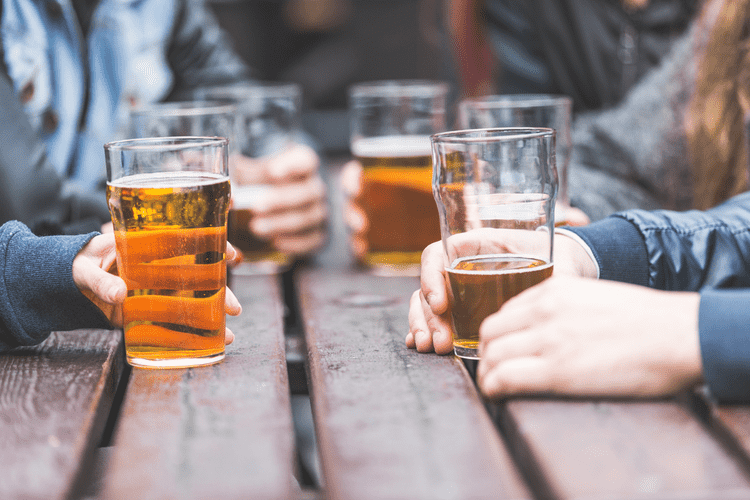If you are drunk, nothing will help make you sober except time. Your body needs time to break down the alcohol in your system. However, it will not improve your coordination or decision-making skills. These can be impaired for https://ecosoberhouse.com/ several hours after you stop drinking. This is why it is never safe to drive after you have been drinking, no matter how many cups of coffee you have.
Common Myths About Alcohol & Underage Drinking (and Their Realities)
- “So the actual cause (of any health benefit) probably wasn’t the alcohol at all,” Dr. Oesterle says.
- Dietary Guidelines, moderate drinking is up to one drink per day for women and up to two drinks per day for men.
- Knowledge is power—and in this case, it might just save you from a hangover or worse.
- The Surgeon General’s advisory presents an urgent opportunity to challenge these narratives and bring alcohol’s risks into sharper focus.
- A common myth around teens and young adults is that it’s more responsible to give minors alcoholic drinks with adult supervision.
At high levels of alcohol consumption, quitting without medical support can be life-threatening. Many therapies and medications exist that can help you reach your goals related to alcohol. Many people get a sense that alcohol “takes the edge off.” This happens because of some of the slowing of signals in your nervous system. With Twelve-step program time, excessive alcohol use tends to increase stress, depression and anxiety as your body’s signals are forced to adapt.
Alcohol Kills Brain Cells
And if you’re 5 myths about alcohol taking medication for your pain, there could be drug interaction risks. Taking acetaminophen with alcohol, for instance, increases your risk of liver failure. A common myth around teens and young adults is that it’s more responsible to give minors alcoholic drinks with adult supervision. This myth is based on the idea that kids will drink anyway, so they might as well be in the presence of a responsible adult. You may have heard myths about alcohol and alcohol use disorder presented as facts.
- Substance use treatment should be based on evidence-based practices and consider each individual’s medical history, substance use patterns, co-occurring disorders, and personal preferences.
- Remember, alcohol’s effects can be far-reaching, impacting not just physical health but also mental well-being, relationships, and overall quality of life.
- This is an easy assumption to make if you’re observing the often less-than-wise behavior that can result from knocking back a few too many.
- We’re ready to make sure you have the support you need to achieve lifelong recovery.
- Many people believe that drinking coffee can help sober up someone who has had too much to drink.
Myth 6: Alcohol Affects Everyone the Same Way

Additionally, genetic predisposition, environmental influences, trauma, mental health conditions, and social factors contribute to the development of addiction. These factors make addiction a challenging and complex disease to overcome. Myths about drugs and alcohol abuse often arise from cultural beliefs, media portrayals, and a lack of accurate information. These myths contribute to misunderstandings, stigma, and misinformation about substances, potentially harming individuals and communities. Many people mistake stouts and other dark beers for being heavy and having more alcohol.

